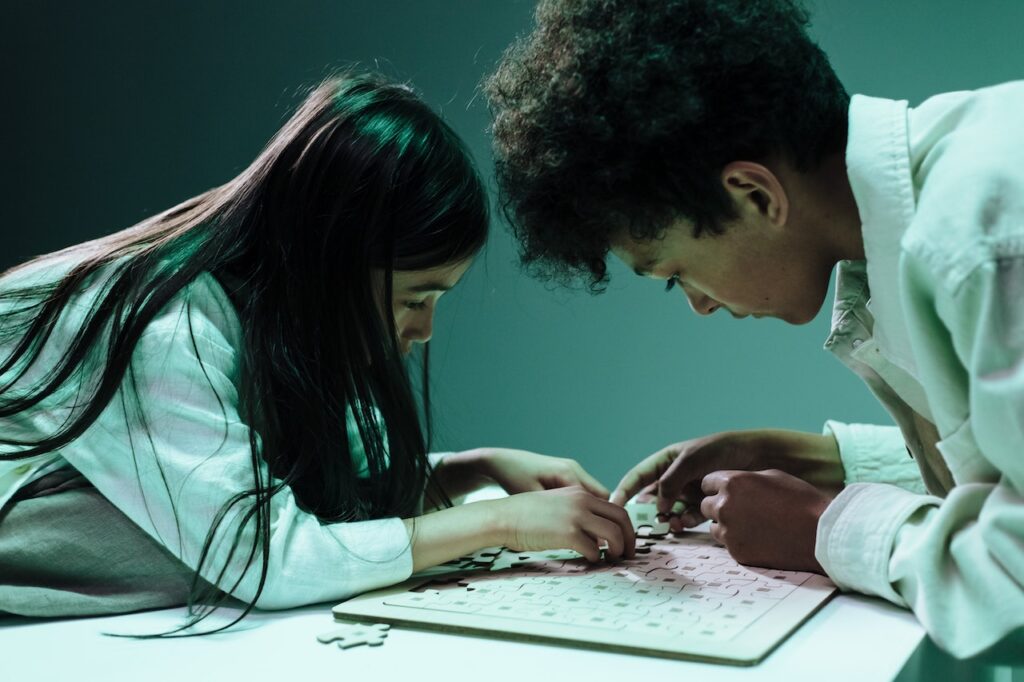Fostering Healthy Conflict Resolution in Children
Conflict is a natural part of everyday life, and learning how to navigate and resolve conflicts is a valuable skill for children to develop. By helping children develop healthy conflict resolution skills, parents and caregivers can empower them to communicate effectively, build strong relationships, and create a peaceful environment. Here are some tips for fostering healthy conflict resolution in children.
Teach the Importance of Respect
Respect is a vital aspect of resolving conflicts in a healthy manner. It’s essential to teach children to treat others with kindness, empathy, and understanding. Help them understand that everyone has different perspectives and opinions, and it is important to listen respectfully and consider alternative viewpoints.
Encourage Open Communication
Open communication is key to resolving conflicts. Encourage children to express their feelings, thoughts, and concerns openly and honestly. Teach them active listening skills, such as maintaining eye contact, nodding, and paraphrasing to show understanding. By fostering open communication, children can learn to address conflicts directly and find mutually beneficial solutions.
Teach Problem-Solving Strategies
Teaching children problem-solving strategies equips them with tools to handle conflicts effectively. Teach them to brainstorm possible solutions, consider the consequences of different actions, and evaluate the best course of action. Encourage them to find win-win solutions where both parties feel their needs are met and conflicts are resolved.

Model Healthy Conflict Resolution
Children learn by observing the behavior of their parents and caregivers. Model healthy conflict resolution by managing conflicts in a respectful and constructive manner. Avoid resorting to yelling, name-calling, or physical aggression. Instead, demonstrate active listening, compromise, and empathy. Show children that conflicts can be resolved peacefully and mutually beneficially.
Encourage Empathy and Perspective-Taking
Empathy is a crucial skill for resolving conflicts. Encourage children to consider others’ feelings and perspectives by putting themselves in their shoes. Help them understand that conflicts often arise due to misunderstandings or differences in needs, and empathy can help bridge the gap. By fostering empathy and perspective-taking, children can develop greater understanding and compassion towards others.
Teach Self-Regulation and Emotional Intelligence
Conflicts can be emotionally charged, and learning to self-regulate and manage emotions is essential for healthy conflict resolution. Teach children strategies for calming themselves down, such as deep breathing or taking a break when they feel overwhelmed. Help them identify and label their emotions, as well as recognize and understand the emotions of others involved in the conflict.
Provide Mediation and Guidance
When conflicts arise between children, provide guidance and mediation. Help them communicate their feelings and concerns to each other, and guide them towards finding a resolution. Encourage them to listen to each other and find common ground. As a mediator, avoid taking sides but rather facilitate a fair process where both children have a chance to express themselves.
By fostering healthy conflict resolution in children, parents and caregivers play a vital role in shaping their social and emotional development. These skills will not only benefit them in childhood but also lay the foundation for healthy relationships and conflict resolution in their future lives.


















